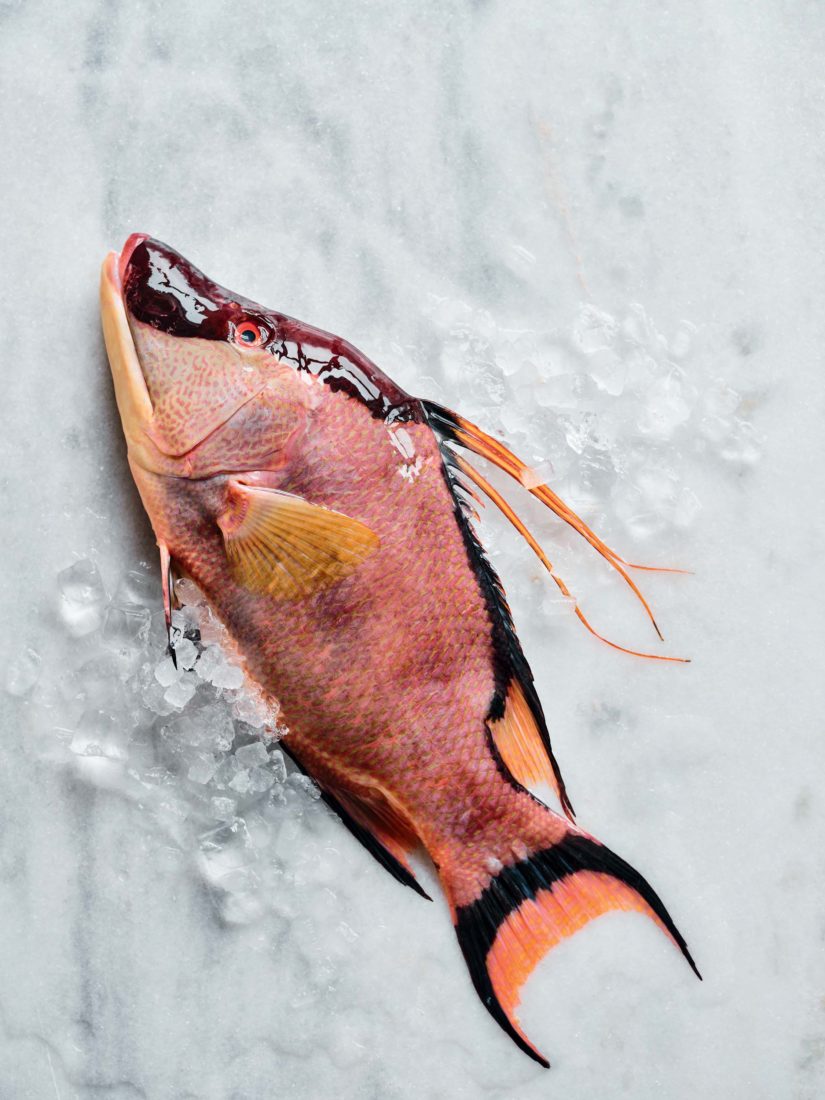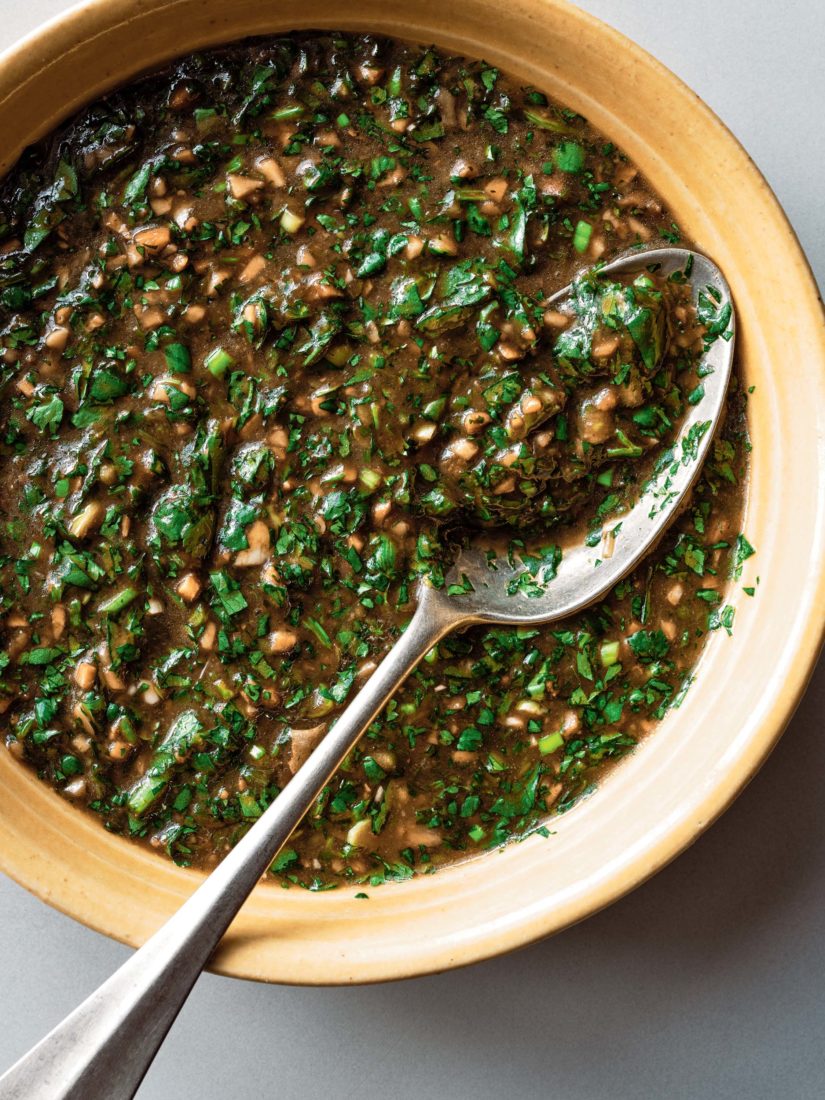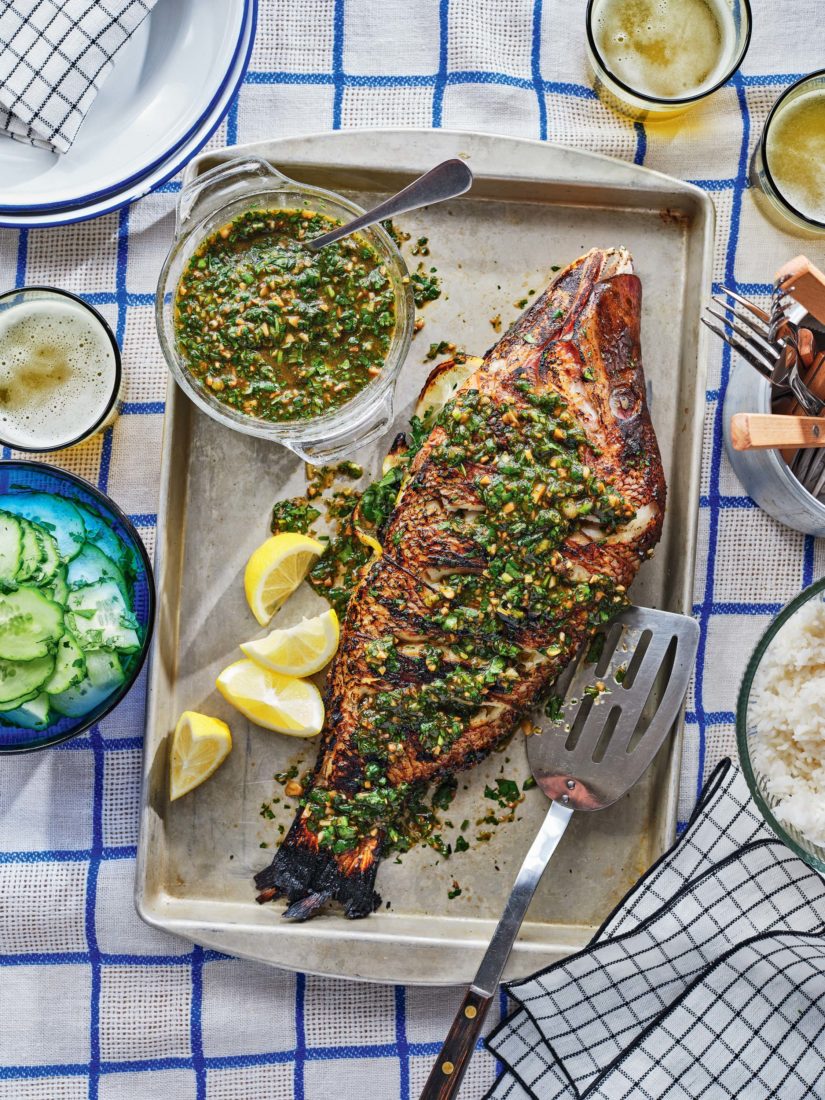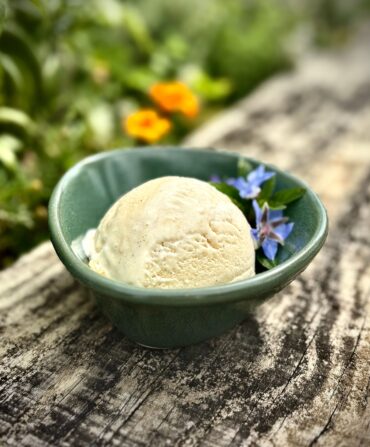The surprises came fast when Jeffrey Jew left Washington, D.C., and started cooking on Florida’s Gulf Coast. Jew, once a contestant on Top Chef, had gotten used to a steady supply of fruits and vegetables from Amish farmers in Pennsylvania. It was a different game in Florida, where he moved when his partner, Jim Steiner, took a community banking job nine years ago.
“It’s so tough,” Jew says. “You’ve got only four or five months when you get good produce, then it gets too hot.”
He learned to adapt, sourcing locally as much as possible and immersing himself in the rhythms and limitations of Florida’s seasonal fisheries. “There are plenty of months when you can’t even find grouper or mahi-mahi,” he says. Fortunately, he discovered purveyors such as Sammy’s Seafood in St. Petersburg, which focuses on fish caught in environmentally sensitive ways. That’s how he fell in love with hogfish, a mild-tasting denizen of the waters around southern and central Florida. “It’s a unique fish that has a real flavor to it and is very tender,” he says.
Sometimes called hog snapper, though it’s actually a member of the wrasse family, hogfish is perfect for summer grilling. Jew likes to grill the fish whole, using a variation of a recipe popular in Canton, China, where cooks douse steamed fish with ginger and cilantro swimming in soy sauce. Since finding a whole hogfish can be a challenge, he suggests substituting a two-to-three-pound red snapper, sea bass, or striped bass.

Jew’s Chinese grandfather, a good cook who was born near Hong Kong, inspired the dish. The other side of his family has Norwegian roots. Jew is weaving together both sides of his ancestry at his new St. Petersburg restaurant, Lingr. The breakfast menu includes dim sum–style dumplings and Norwegian cardamom buns. Seafood will star in the evenings.
This simple recipe mixes global technique with an American backyard sensibility. Jew scores the fish and stuffs it with lemon, cilantro, and scallions, and whisks together an Asian vinaigrette that gets poured over just before serving. To keep the fish from sticking, clean the grill’s grates well and oil them, and let the fish come to room temperature before placing it on the hot grill. Leave it undisturbed until you turn it, then flip the spatula upside down and apply pressure to the grate as you gently move it under the fish, using tongs to help turn.

It’s surprisingly easy for a recipe that delivers big flavors and a splashy presentation. Best of all, it makes a great summer supper when the last thing a cook wants to do is spend time in a warm kitchen. “It just gets so hot down here,” Jew says, “so you want something that doesn’t take long to cook and that doesn’t require an oven.”









